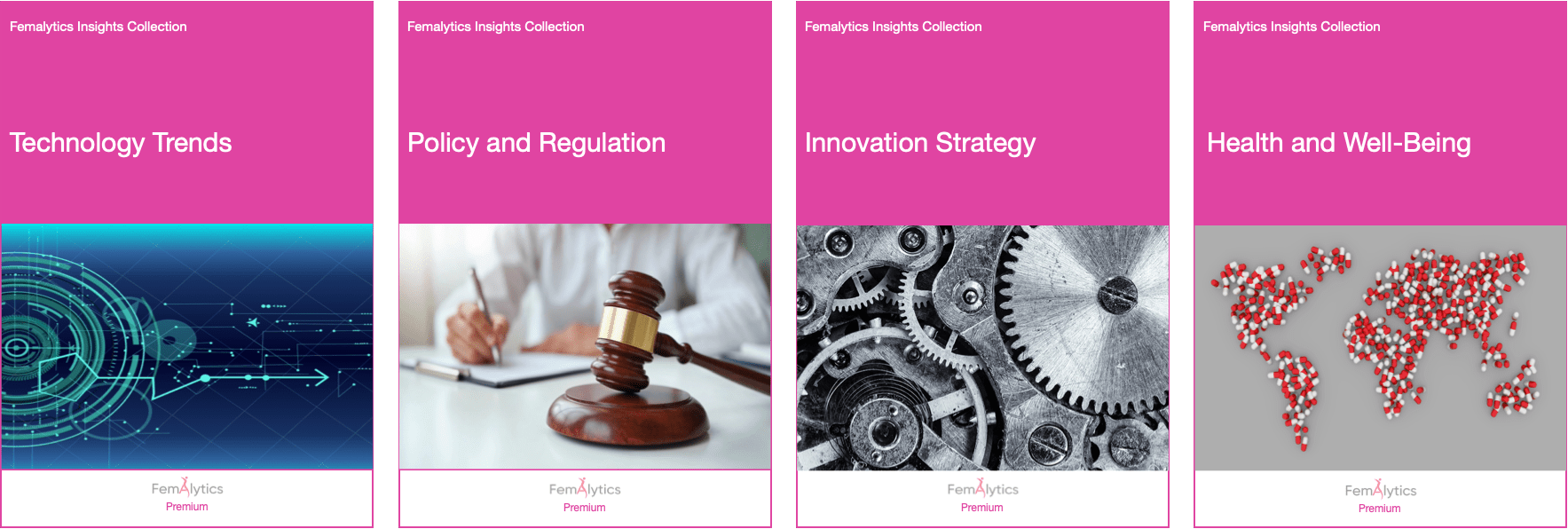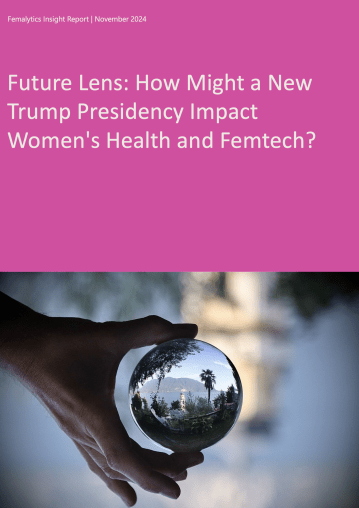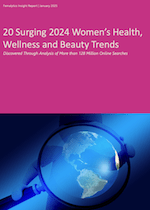Future Lens: How Might a New Trump Presidency Impact Women's Health and Femtech?
Open Access Research
Siloless is a publication featuring original research, data and analysis that is delivered to members of Femalytics, an intelligence and social platform for women's health innovators. Occasionally, we produce analysis on topics of significant public interest that we designate as Open Access Research, which is made available to non-members.
Overview
The electoral victory of Donald Trump will likely usher in a large shift in health policy in the United States. While much attention has been focused on the new administration's potential actions in reproductive health, there are other areas where Trump and and a new Congress could make significant changes to health policy, including care access and women's health data collection. These health policy adjustments will impact female health during pregnancy, childbirth, menopause and beyond.
This report features analysis of 21 companies and issue areas that may be affected by the new administration's policies.




